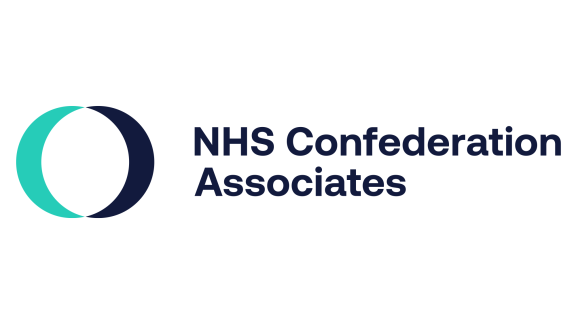Record demand in A&Es a concern ahead of annual winter spike in patients

- The total waiting list for procedures and appointments rose to 7.64 million in August, up from 7.62 million the previous month;
- Some 74.2% of patients were admitted, transferred or discharged from A&E departments within four hours in September, down slightly on the 76.3% in August;
- There were 2.21 million attendances at A&Es across England in September, with 530,824 emergency admissions, making it the busiest September on record;
- The average Category 2 ambulance response time for September was 36 minutes and 2 seconds against the thirty-minute target for 2024/25. This is worse than last month where it was 27 minutes and 25 seconds;
- For Category 1 ambulances, the average response time was 8 minutes and 25 seconds in September, compared to 8 minutes and 3 seconds in August.
Responding to the latest NHS performance figures Dr Layla McCay, director of policy at the NHS Confederation, said:
“It is clear form these latest figures that the NHS is in a very difficult position, with A&E departments reporting their busiest September on record. This follows emergency departments having their busiest summer ever. It is deeply concerning that ahead of the annual spike in demand for care caused by winter viruses that the health service is already running so hot.
“With financial positions incredibly tight, trusts are having to scale back staff and service levels to meet tough financial targets. Without further support there is a real risk patients will be left facing even longer waits for ambulances and care in A&E and patient safety could be jeopardised.
“Meanwhile, ambulance response times rose and the waiting list for routine hospital treatments grew once again. The figures emphasise the significant challenge for the whole healthcare sector and are part of a wider crisis in emergency care that has been growing for nearly 10 years.
“Lord Darzi rightly highlighted the health service has been starved of capital while revenue funding has stagnated, leaving local services struggling to unlock further improvements in productivity despite delivering greater efficiencies.
“It is clear that despite the hard work of NHS leaders and their teams the health service is struggling to cope with what is demanded of it. This exposes the gap between what the NHS has been asked to do and what it has been funded to deliver. The Chancellor must use her upcoming budget to provide some immediate support to the NHS and social care ahead of winter or risk the service reaching crisis point."



